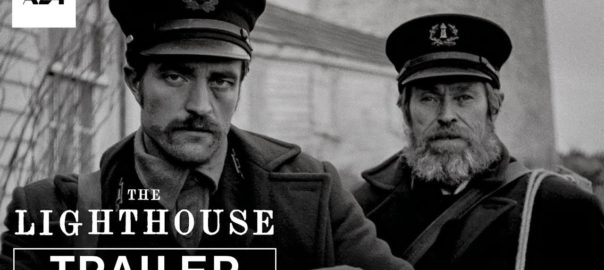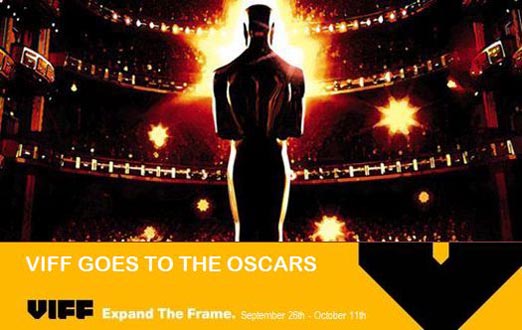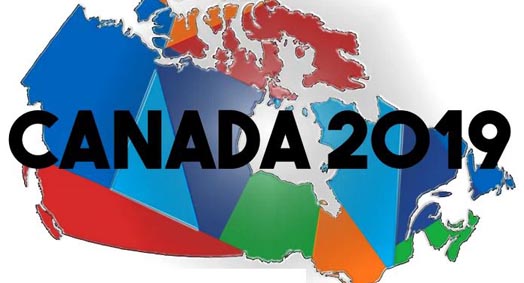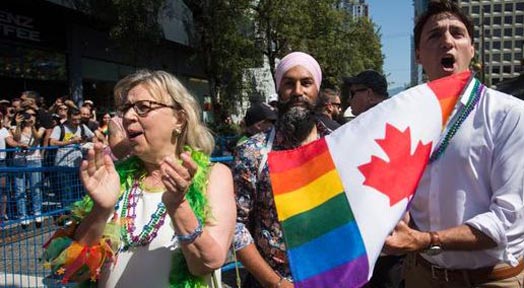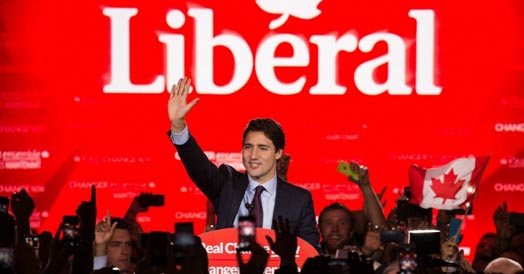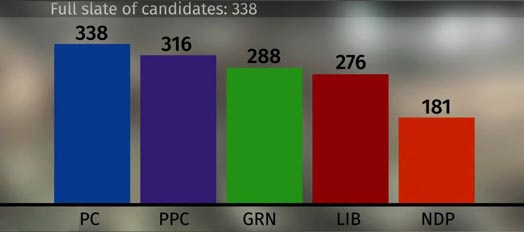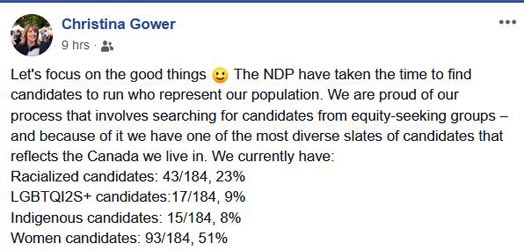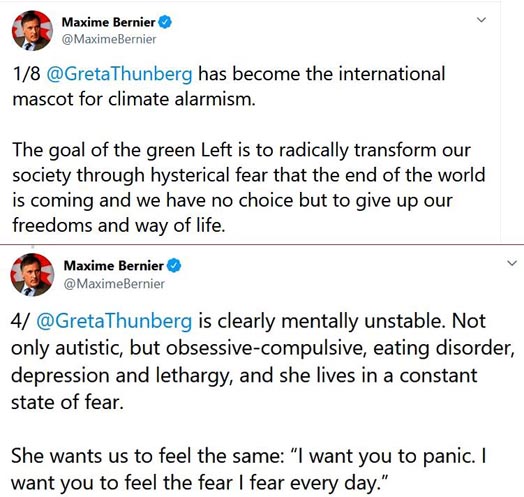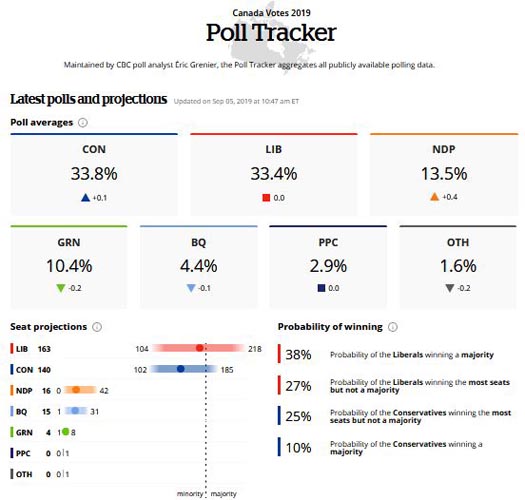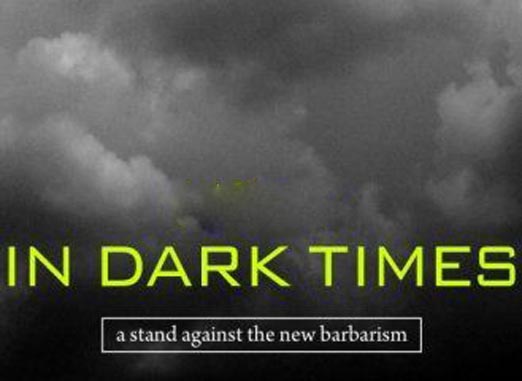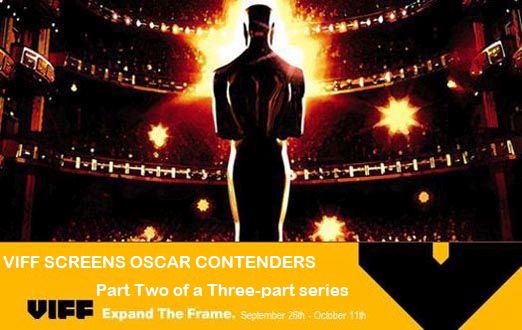
There are many reasons the 160,000 or so patrons attend the Vancouver International Film Festival each year.
First and foremost, there are the diehard festival attendees who, each year, live to see cinema from across the globe, obscure but heart-rending films of immense humanity from Niger, Lebanon, Malawi, Georgia, Ecuador, Bhutan, Afghanistan, Cape Verdi or Nigeria — all of which countries will have films screening at this year’s 38th annual Vancouver International Film Festival. Sometimes these films are sparsely attended, but they nonetheless represent not only the raison d’être of the festival, but its beating heart.
The second group of patrons represent the financial heart of the festival. These patrons are most interested in gaining early insight and entrée into the Oscar awards season, purchasing tickets for films VanRamblings is writing about this weekend (our first ‘Oscar Derby’ column was published yesterday). These patrons not only want to screen the Oscar worthy films months before they’ll be released to multiplexes, but also want to be acknowledged as having engaged in the cultural cachet that comes with being able to say to their friends, “Oh yes, we attended the film festival this year, as we do every year, and were blown away by (name of film).”

Patrons attending screenings of the Oscar worthy films do so at the 1800 seat Centre for the Performing Arts on Homer Street, just across the street from the main branch of the Vancouver Public Library. Twenty films times 1800 patrons times $15 equals a substantial amount of money contributing to the success and bottom line of the Vancouver International Film Festival. Needless to say, the VIFF administration is more than grateful to these patrons for their interest in the film festival, as are all festival devotees.
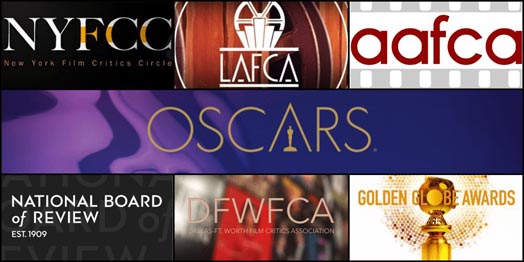
Today, VanRamblings will present five more Oscar worthy films that will screen at VIFF 2019 that are guaranteed both critical acclaim and the Oscar nominations they are so richly due, come 5am, Monday, January 13, 2020.
Representing the first film in a knockout, must-see double bill at The Centre on Saturday, September 28th, as part of the 38th annual Vancouver International Film Festival, Robert Eggers’ The Lighthouse took Cannes by storm (pun intended) at the Cannes Film Festival this past spring, winning the prestigious FIPRESCI International Film Critics Prize, and going on to win the Grand Special Prize at the French Deauville Film Festival.
The Guardian’s chief film critic, Peter Bradshaw, raves about The Lighthouse in his five-star review …
Robert Eggers’ gripping nightmare shows two lighthouse-keepers in 19th-century Maine going melancholy mad together: a toxic marriage, a dance of death. It is explosively scary and captivatingly beautiful in cinematographer Jarin Blaschke’s fierce monochrome, like a daguerreotype of fear. And the performances from Willem Dafoe and Robert Pattinson have a sledgehammer punch — Pattinson, in particular, just gets better and better.
What is so exhilarating and refreshing about The Lighthouse is that it declines to reveal whether or not it is a horror film as such, though an early reference to Salem, Massachusetts gives us a flashback to Eggers’ previous film, The Witch (2015).
It is not a question of a normal-realist set-up pivoting to supernatural scariness with reliably positioned jump-scares etc. The ostensible normality persists; perhaps something ghostly is going on, or perhaps this is a psychological thriller about delusion. But generic ambiguity is not the point: The Lighthouse keeps hold of us with the sheer muscular intelligence and even theatricality of the performances and the first-class writing. Even Sir Donald Wolfit or Robert Newton could not have got more out of the role of Tom than Willem Dafoe does and Pattinson is mesmeric in his bewilderment and uncertainty.
The Lighthouse screens at The Centre at 6pm, on day three of the festival, Saturday, September 28th, followed by the must-see screening of …
On Friday, September 6th, the first full day of the 44th annual Toronto International Film Festival director Destin Daniel Cretton’s true life civil rights drama, Just Mercy, catapulted itself into Oscar contention, placing Michael B. Jordan firmly into the Best Actor sweeps, and both Jamie Foxx and Rob Morgan into Best Supporting Actor contention.
Here’s what the critics had to say about Just Mercy …
Full-blooded performances from Michael B Jordan and Jamie Foxx add weight to the powerful fact-based Just Mercy, a retelling of one of influential lawyer and social justice and civil rights activist Bryan Stevenson’s most enraging cases, presented in a film that will shake you to your soul. It’s the late 1980s, and Stevenson (Jordan), a young Harvard-educated African-American lawyer in crisp gray suits and neckties, has come to stay in Monroe County, Alabama, to take on the cases of death-row inmates who are innocent.
Death row as a morbid extension of slavery is what Just Mercy is about. “You’re guilty from the moment you’re born,” says Walter McMillian (Foxx), clarifying the rage that percolates throughout the movie. “It’s just another excuse to lynch a black man,” one of his peers concludes.
A celebration of what it takes to eke out justice in a broken system, Just Mercy builds throughout to its gripping resolution, based on the certainty that hatred, in all its terrible power, will never be as powerful as justice.”
Just Mercy screens at The Centre at 9pm on Saturday, September 28th.
A searing exploration of the consequences of upholding one’s convictions in a time of terrifying upheaval, the latest work from Terrence Malick (The Tree of Life) mines the themes of spirituality and engagement with the natural world that have permeated so much of the American auteur’s late-period renaissance. Set in Austria during the rise of the Third Reich, A Hidden Life movingly relays this little-known true story of quiet heroism.
A Hidden Life screens at The Centre, 8:45pm, Sunday, September 29th.
The Underground Railroad was a network of secret routes and safe houses established in the United States during the early to mid-1800s, and used by African-American slaves to escape into free states and Canada, reaching Canada by boat across Lake Erie and Lake Ontario, settling in Ontario and Nova Scotia, aided by abolitionists and others sympathetic to their cause.
Nova Scotia’s African American population was first settled by Black Loyalists during the American Revolution and then by Black Refugees in the War of 1812, with important black settlements developed across Canada, both in Québec and on Vancouver Island, where Governor James Douglas encouraged black immigration arising from his opposition to slavery.
Directed and co-written by Kasi Lemmons (Eve’s Bayou), Harriet relates the story of abolitionist icon Harriet Tubman (who, up until President Donald Trump intervened, was to bear her image on the $20 bill) who, following her escape from slavery in 1849, helped free hundreds of slaves from the American South, risking her life to lead others to freedom through the network of safehouses that came to be known as the Underground Railroad.
Lifting the heroic icon from the pages of history and into an epic, timeless tale, Harriet brings to the big screen the surge of faith, principle, and raw courage that drove diminutive Araminta Ross (who changed her name to Harriet Tubman) to greatness. The film’s star, Tony-winning Broadway actor Cynthia Erivo, was a discovery for many in Steve McQueen’s Widows. In Harriet, Erivo is riveting in every scene, giving her portrayal of Harriet Tubman the scale and depth appropriate to a legendary American leader.
Harriet screens once, at 3pm at The Centre, on Saturday, October 5th.
Taika Waititi directs a riotous cast — including Sam Rockwell, Scarlett Johansson, Rebel Wilson, Thomasin McKenzie, and newcomer Roman Griffin Davis — in this daring, touching, and comedic satire about a young German boy who discovers a Jewish girl hiding in his home and consults with his imaginary best friend, Adolf Hitler (Waititi).
In a series of deft, groundbreaking comedies, Taika Waititi took sharp left turns into coming-of-age stories (Boy), vampire movies (What We Do in the Shadows), and sacred superheroes (Thor: Ragnarok). Now he brings his half-Maori, half-Jewish, fully skewed sensibilities to his most daring film yet. A dazzling takedown of fascist thinking and the violence it fuels, Jojo Rabbit begins in biting satire but delivers surprising emotional impact.
Jojo Rabbit screens at 6:15pm at The Centre, on Wednesday, October 2nd.
 |
Part 3 of VanRamblings’ Oscar Derby series will conclude on Sunday with an exploration of the potential and probable Best International Films Oscar nominees (it used to be called Best Foreign Film, but the Academy changed that designation to International earlier this year) that will screen this year at the 38th annual Vancouver International Film Festival.
